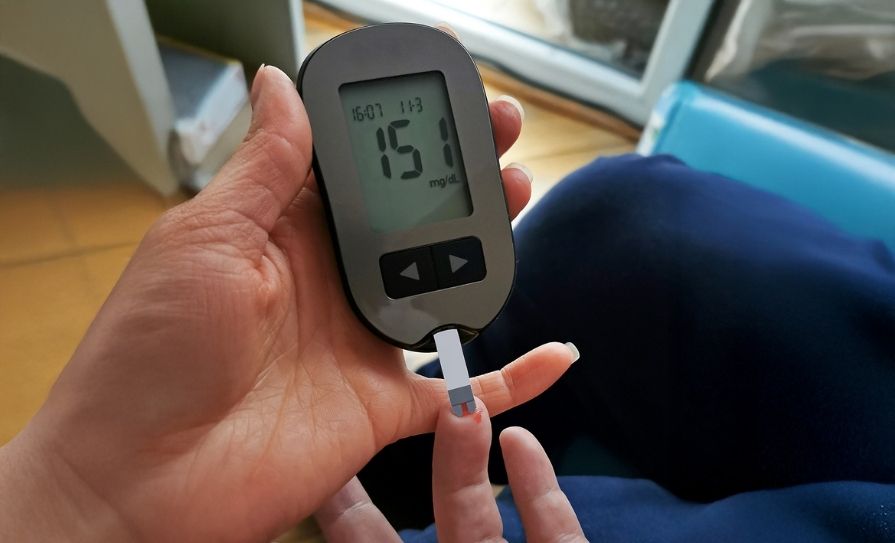People with serious mental health conditions continue to face significant stigma in society, the IHCA President told the Health Summit in Dublin.
Prof Gabrielle Colleran said that while stigma had reduced in relation to some conditions, this did not apply to all areas of mental health.
Prof Colleran said there had been progress regarding conditions such as anxiety and depression. However, there was a significant stigma in relation to the most serious conditions, such as bi-polar disorder and schizophrenia.
During her address, Prof Colleran acknowledged that funding for mental health had increased in recent years. However, she said the proportion of the overall health budget expended on mental health was smaller than in the UK.
Emphasising the need for investment, she said serious mental illness could impact on an individual’s ability to work and lead to a “downward social spiral”. Prof Colleran also underlined the importance of patient input into “designing care to meet patient needs”.
Meanwhile, Prof Colleran said the current generation was in many ways an “experimental generation” in terms of the amount of time spent on screens.
She said that the health service was seeing an impact on children, in particular. Recent research showed that children can have up to seven times less contact with their peers compared to 20 years ago, partially due to the amount of ‘screen-time’.
Prof Colleran said this would have “a huge impact on social development, on empathy, on connection”.
“But just like physical health, [we need to] invest in prevention [in mental health],” she continued. Prof Colleran said this area of preventative healthcare was “not just for Government, it’s for all of us as a community”.
Prof Colleran said she was pleased with the commitments made in the Programme for Government on progressing the electronic health record (EHR). She said the introduction of a national EHR would lead to significant improvements in the working lives of clinicians and the experience of patients.
She said the construction of three elective hospitals – as promised by Government – would also help ensure “protected, ring-fenced scheduled care”.













Leave a Reply
You must be logged in to post a comment.